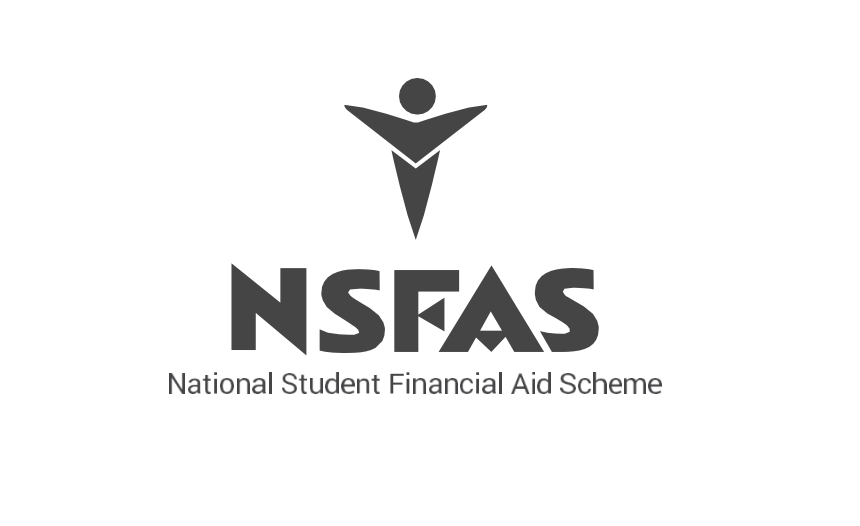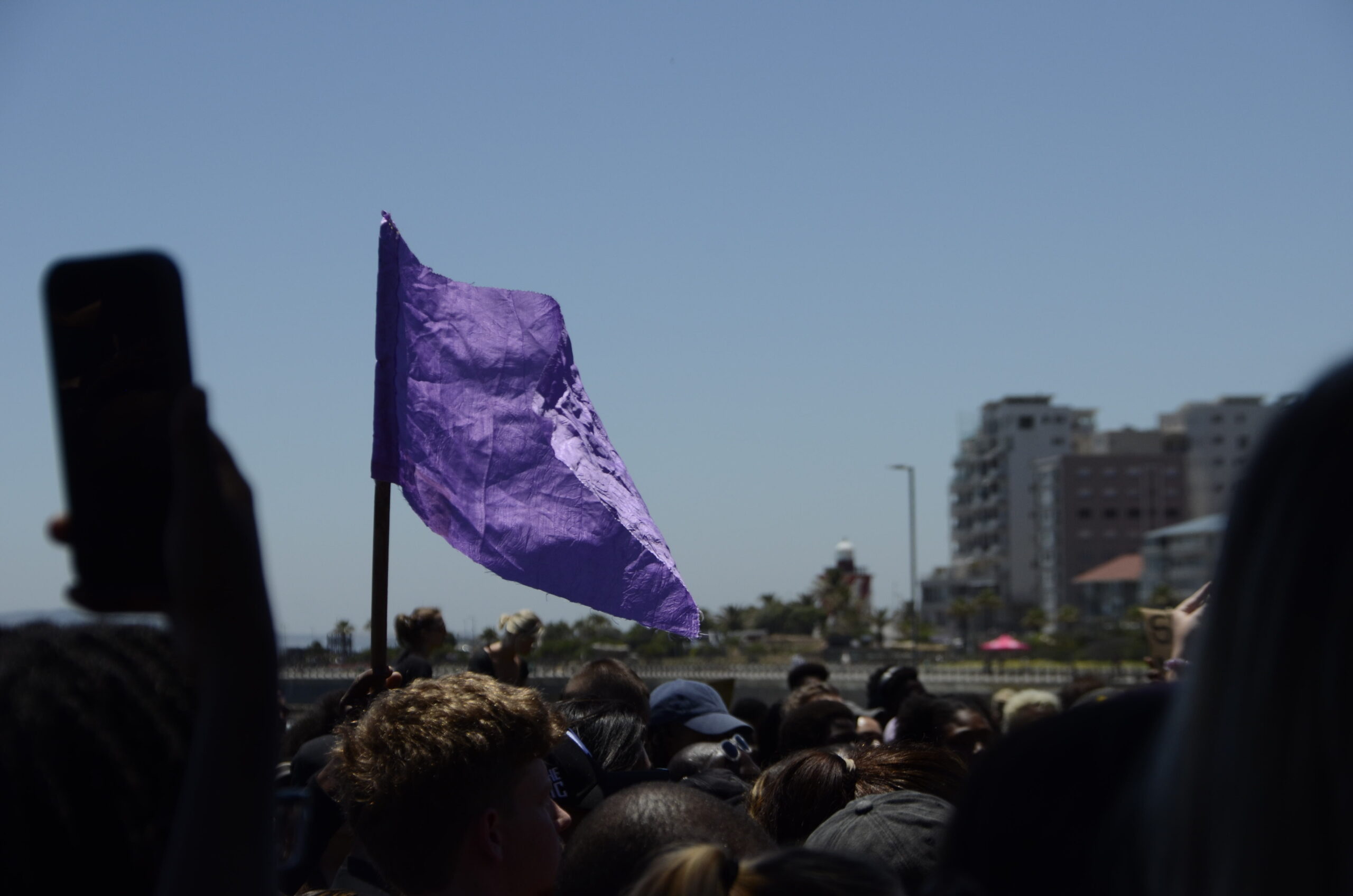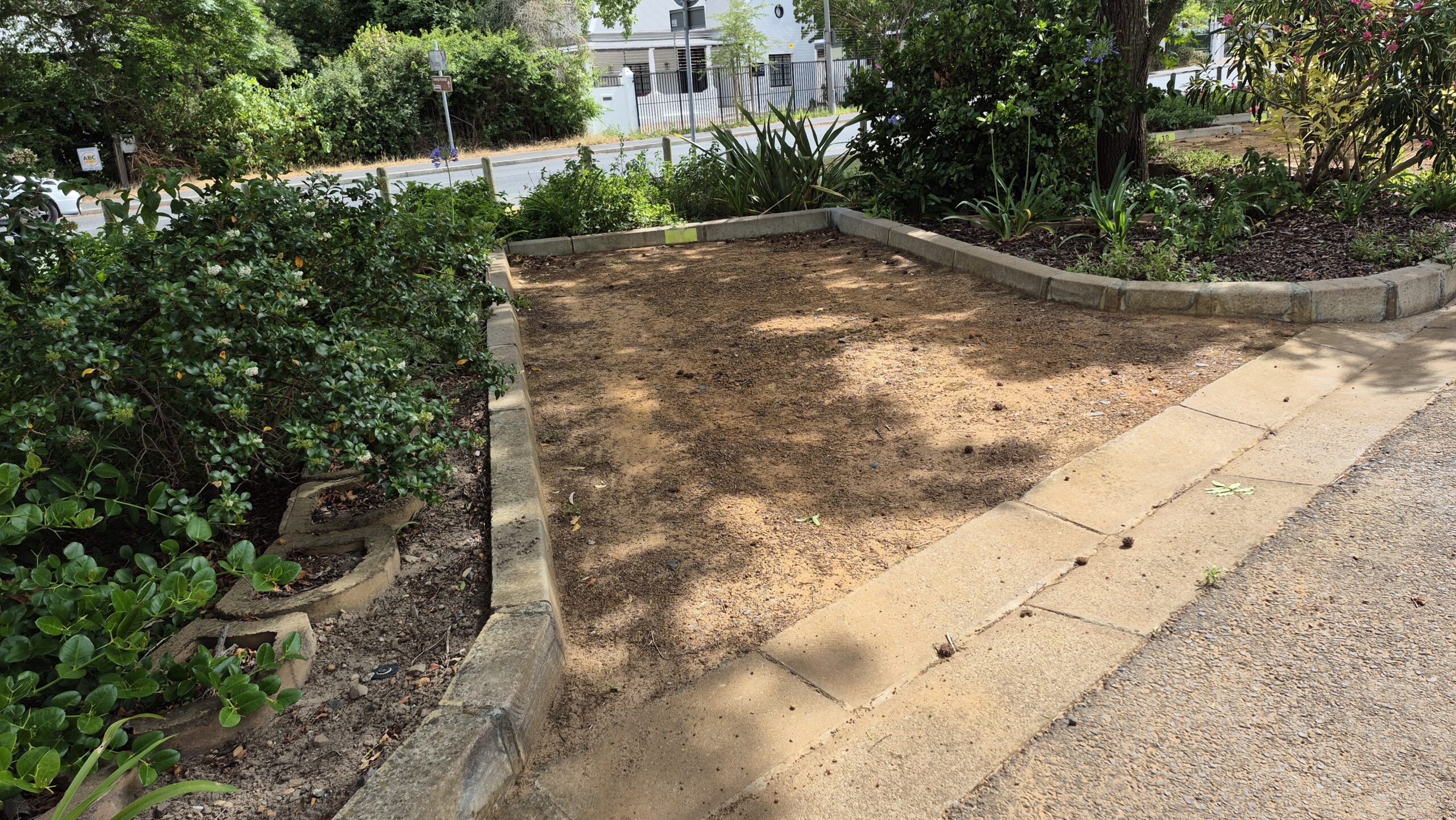BY MEGAN BRINK
With all intentions set on salvaging the 2020 academic year, and the highly anticipated drop to level 3, selected students have returned to campus as of Monday 1 June.
During his speech on 23 May, Dr Blade Nzimande, the Minister of Higher Education, Science and Innovation, said that universities plan to allow 33% of students, mainly in their final year of study with preference awarded to those who are completing lab-based disciplines, to return under level 3. 66% of students would return under level 2 and under level 1 all students would be permitted to return to campus.
Nzimande stressed that the plan of the Department of Higher Education and Training, is to save lives and the academic year at the same time, “but as we all know, lives matter more”, Nzimande said.
With the inevitable return to contact classes in mind, the Department of Higher Education and Training published an elaborate list of conditions that all tertiary education campuses need to adhere to. These conditions entail the deep clean of all buildings, enforcing of physical distancing, compulsory use of face masks and the compulsory use of 70% alcohol sanitiser as well as continual deep cleaning. Alongside this, quarantine sites near universities will be identified in preparation for possible cases where self-isolation is not possible, and there will be a 360 degree screening of all returning staff and students.
During his speech on Saturday 23 May, Minister Nzimande further explained that it would be left to the individual universities to decide which students, in accordance with the guidelines provided, would return to campus.
Prof Wim De Villiers released a statement to Stellenbosch University (SU) students on 25 May detailing the implications that stage 3 carried for SU students.
In his statement he detailed the financial provisions that would be made for students; those unable to meet the May and September payment dates will be provided alternative payment through monthly instalments for the year of 2020, no interest will be payable for the four month period of 1 April to 31 July, no levies for parking, sports club, societies or residence and PSO activities will be charged and lastly, residence fees will only be charged for the weeks spent in residences this year. Find more details regarding this financial aid and how it will be implemented here.
According to De Villiers the focus of SU is to “focus on what we do best: providing you [students] with high-quality education”.
“Neither the higher education sector, nor individual institutions can predict how the situation will unfold for the rest of this academic year: whether all students eventually will be able to return; whether we would have to offer summer schools and add additional assessment opportunities; whether we may have to go into stricter forms of lockdown again, depending on the national circumstances and regulations; or whether we may even have to extend the academic year into early 2021,” De Villiers said.
For now students are awaiting further communication regarding a return to Stellenbosch and continue to log on ahead of SU’s first set of online exams.
Professor Adam Habib (Vice-Chancellor and Principal of the University of the Witwatersrand), Professor William Bayezo (Deputy Vice-Chancellor: Finance and Administration at Uganda’s Makerere University), Professor Azizo El Lozy (Associate Provost: Transformative Learning and Teaching at The American University in Cairo) and Professor M.S. Abdulkadir (Secretary General at the Association of West Africa’s Universities) panelled a Zoom webinar on 17 May, moderated by Professor Ahmed Bawa (Chief Executive Officer of Universities SA) to discuss the implications of COVID-19 on the future of higher education in Africa.
“We had our teething problems,” Prof Bawa confessed with regards to the challenges faced by online learning, including the overloading of online-portals and resources. SU’s SUNLearn system was upgraded over the weekend of 1 May and is now capable of dealing with the volume of users due to the lockdown.
“It’s not really online to be honest, it’s really emergency remote learning.”
This statement by Prof Habib summarised the state of the country regarding online learning and addressed how both faculties and students are currently ill-prepared for a permanent conversion to online learning.
All four panellists addressed the inevitable emergence of a new “blended” approach to tertiary education, where students will simultaneously participate in both contact and online classes across the board. This evolution in the tertiary education system offers a relief on the financial burden that COVID-19 has placed on tertiary institutions, by allowing for a greater influx of students without a need for an increase in infrastructure. It also ushers in the urgency of forums and resources where faculty members can prepare and convert lecture materials, as well as monitor online activity in order to ensure the credibility of online assessments.
Dr El Lozy said that programmes where such activity could be monitored during online assessments are currently being configured to ensure credibility for degrees obtained during the period of online learning. Prof Bayezo ensured that the pandemic and abrupt conversion to online learning will not affect the credibility nor weight that degrees carry.
Along with the prediction of a new blended learning approach, Dr Habib and Prof El Lozy both concluded by foreshadowing a phased reintroduction to contact classes, not only to ensure a minimal spread of the virus but also to allow for the preparation of the different faculties. Elaborating on this strategy it was detailed that final year students, fine arts students and those students who required laboratory-based disciplines to complete their degrees would be among the second wave, the first being final year medical students, to be phased back to campuses. For access to the recording of the webinar click here.



